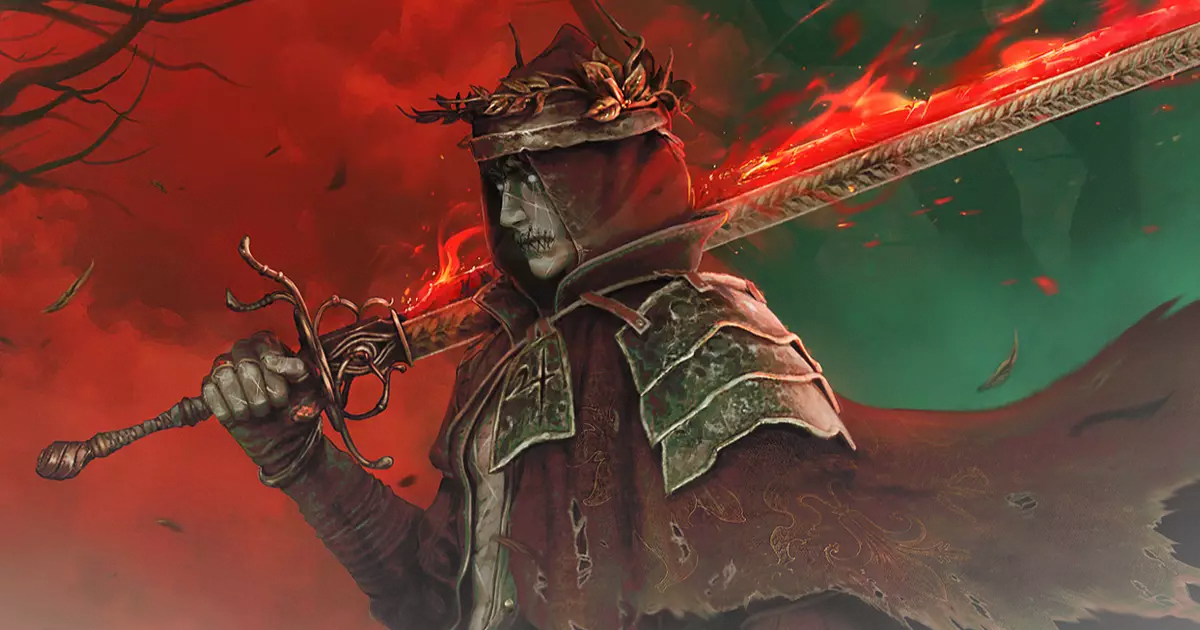The gaming industry often takes creative liberties with revered literary works, sometimes diluting their depth for mass appeal. However, Jyamma Games’ upcoming title, inspired by Dante Alighieri’s “Divina Commedia,” challenges this trend by attempting to weave the profound spiritual journey of Dante’s masterpiece into the fabric of an engaging action-role-playing game. Unlike superficial adaptations that focus solely on spectacle or shock value, this game aspires to create a universe that respects the richness of the original poem while offering players immersive mechanics and narrative depth.
Instead of simply rehashing Dante’s descriptions of the nine circles of Hell, the game introduces innovative features such as customizable combat classes, diverse protagonist options, and procedural dungeons. These elements suggest a deliberate effort to blend traditional literary themes with modern gameplay, pushing the boundaries of what is possible in interactive storytelling. The approach indicates an ambition to honor Dante’s metaphysical insights and layered symbolism, transforming them into meaningful gameplay experiences rather than mere aesthetic callbacks.
Balancing Literary Reverence and Player Agency
One of the most intriguing aspects of Jyamma’s project is its effort to modernize the Dante mythos without betraying its complexities. The inclusion of a narrative alignment system, for example, hints at moral choices and personal transformations that resonate with Dante’s own spiritual journey. Meanwhile, the customization options—such as weapons and armor—empower players to shape their characters’ destinies, echoing the personal stakes underscored throughout the original epic.
However, this blending of profound literature with traditional gameplay tropes—like procedurally generated dungeons—raises questions about authenticity and thematic cohesion. While loot and resource harvesting in hell may seem trivial compared to Dante’s serious meditation on sin and redemption, such mechanics also serve to adapt the story to the realities of contemporary gaming. The irony lies in how a literary masterpiece about the soul’s struggles becomes a backdrop for grinding and loot hunting, potentially diluting its spiritual depth in favor of gameplay convenience.
Despite these compromises, the game’s metaphysical foundation remains compelling. Building a universe rooted in the allegorical and theological richness of Dante’s work demonstrates a commitment to exploring existential themes through interactive narratives. It invites players not just to battle demons but to reflect on their own moral compass, much like Dante’s poet-hero contemplated his sins in the infernal depths.
Aesthetic and Cultural Challenges
Critics and purists alike will likely scrutinize this adaptation for its perceived trivialization of a literary titan. The infamous trailer’s emphasis on flashy combat and visceral imagery seems to overshadow the contemplative spirit of “La Divina Commedia.” Yet, focusing solely on surface-level spectacle ignores the potential for a deeper reinterpretation—if the game embraces its source material’s philosophical core.
Moreover, the juxtaposition of Dante’s lofty allegories with gaming clichés may evoke discomfort or skepticism. Films like “Dante’s Inferno” have long suffered from a reputation for cheap thrills rather than meaningful engagement. Jyamma’s challenge is to transcend this mediocrity by creating a game that respects the poetic origin while offering fresh, innovative mechanics. Their prior work on “Enotria,” which emphasized universe-building and metaphysical gameplay, hints at their capacity for nuanced storytelling within interactive worlds.
In contemplating this project, one must consider the cultural implications: Does modern gaming have a responsibility to elevate and preserve the literary and philosophical legacies it draws upon? Or are such adaptations doomed to simplification? Jyamma’s balancing act will test whether a game inspired by Dante can be both entertaining and intellectually provocative, or whether it will succumb to stereotypes and commercial shortcuts.
A Future where Hell and Humanity Intersect
Ultimately, Jyamma’s “La Divina Commedia” promises a daring reimagining—one that endeavors to recast Dante’s spiritual exploration as an epic adventure of moral and physical challenges. Its success depends on whether it can resist the allure of shallow action and instead serve as a reflective mirror, encouraging players to ponder their own sins and virtues amid the chaos of hellish landscapes.
While a release date remains elusive, the project hints at a bold philosophy: that the deepest stories—those about the human condition—can be transformed through the lens of interactive art. If executed thoughtfully, this game might not only honor Dante but also set a new standard for literary adaptations in modern gaming, proving that the divine message can resound as powerfully in pixels as in poetry.

